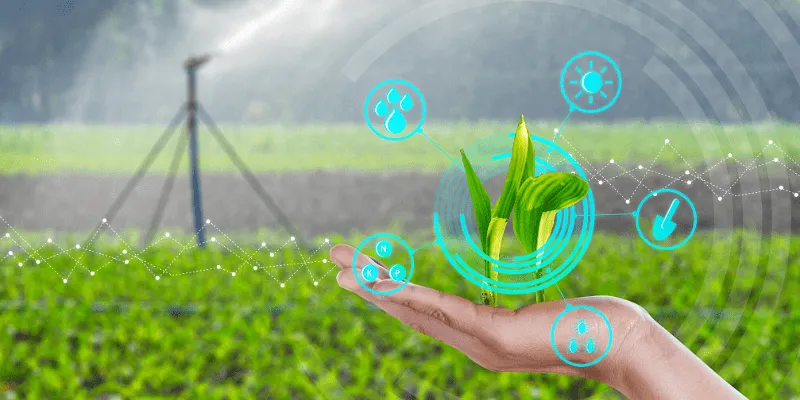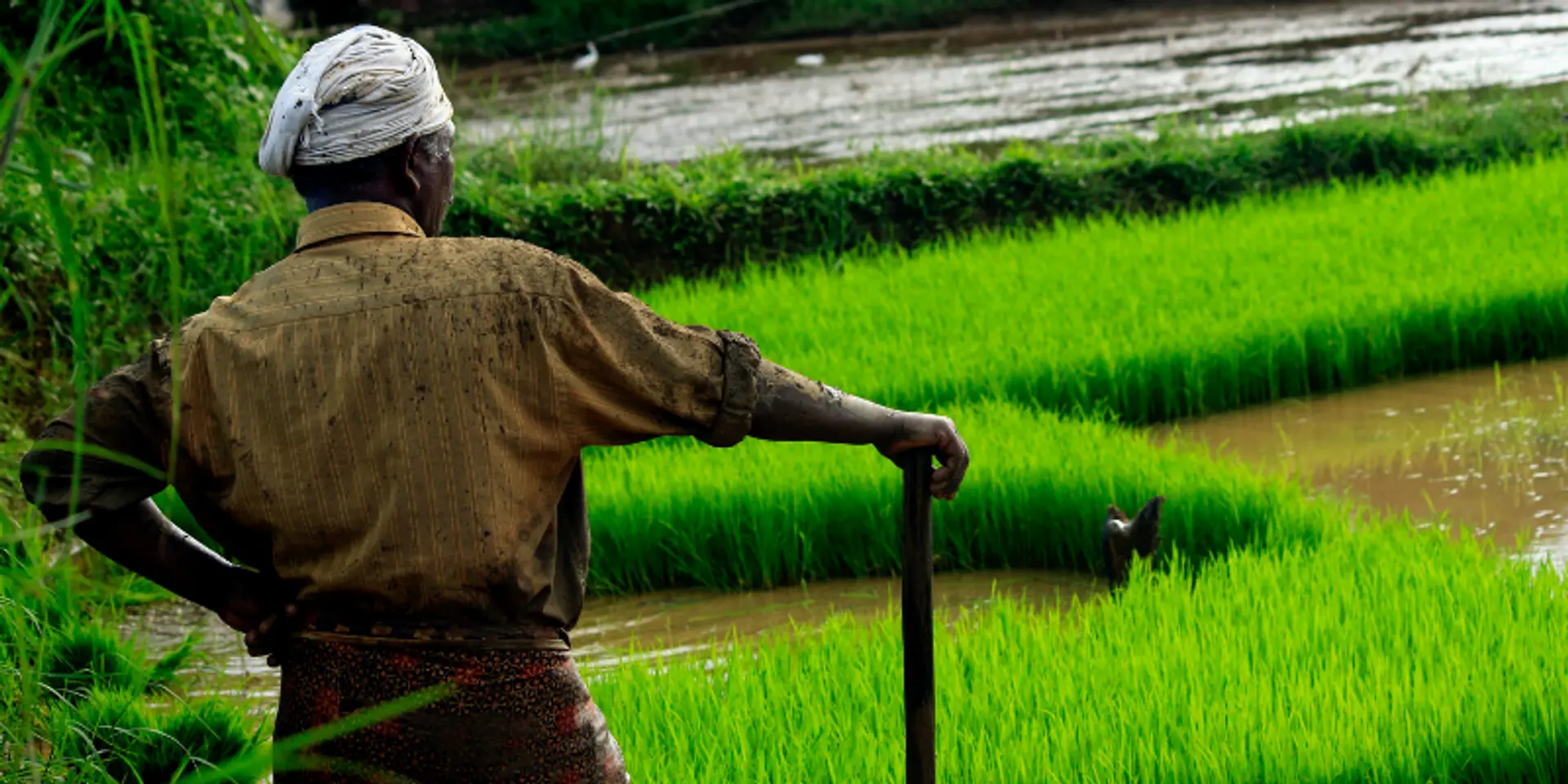PM Modi calls for stepping up efforts to tackle climate change impact on agri, entire ecosystem
Narendra Modi launched 35 crop varieties that are climate resilient and high in nutrition content, which were dedicated to the nation through a video conference.
Prime Minister Narendra Modi on Tuesday said climate change is a big challenge not only for agriculture but also for the entire ecosystem and stressed on the need to step up efforts to tackle the problem as he launched 35 crop varieties that are climate resilient and high in nutrition content.
The new crop varieties were dedicated to the nation through a video conference organised at all ICAR institutes, state and central agricultural universities, and Krishi Vigyan Kendra.
During the virtual ceremony, Modi also inaugurated the newly-constructed campus of the National Institute of Biotic Stress Tolerance, Raipur. He also distributed the 'Green Campus Award' to agricultural universities and interacted with farmers who use innovative methods, before addressing a gathering.

Narendra Modi (Source: Twitter)
Modi said: "Indian agriculture has remained scientific. The synergy between agriculture and science should continue as it is important for India in the 21st century."
In the last six to seven years, Modi said science and technology are being used on a priority basis to solve the challenges related to agriculture.
"Our focus is very high on more nutritious seeds, adaptable to new conditions, especially in changing climate,'' he said, adding that 35 new crop varieties will address the problem of climate change and malnutrition in the country.
Expressing concern over challenges of climate change, Modi said,
"Not only agriculture, climate change is a big challenge to the entire ecosystem."
Due to climate change, new types of pests, new diseases, and epidemics are emerging. Because of this, there is a big threat to the health of humans and livestock and crops are also being affected, he said.
Further, climate change has an impact on fish production and animal health and output. As a result, farmers and fishermen have to bear the losses, he added.
Modi said, "Everyone's efforts are needed to protect agriculture from the impact of climate change. Intensive research on these aspects is necessary continuously."
The joint effort of farmers and scientists will strengthen the country's fight against climate change, he said, and added that the campaign launched to promote climate resilient crop varieties is apt now as there is a need to go back to basics and march towards the future.
Among 35 crop varieties, some include a drought tolerant variety of chickpea, wilt and sterility mosaic resistant pigeonpea, early maturing variety of soybean, disease resistant varieties of rice and biofortified varieties of wheat, pearl millet, maize and chickpea, quinoa, buckwheat, winged bean and faba bean.
These special traits crop varieties also include those that address the anti-nutritional factors found in some crops that adversely affect human and animal health.
Stating that modern technology and new farming tools are at the core of future farming, he said, "We need to keep modernising the ecosystem from seed to market currently being created by the government. Efforts to promote modern agricultural machines and equipment are showing results today."
However, use of drones and sensors have to be enhanced to get high quality farm data and real-time solutions, he said and added the new drone policy will help the agriculture sector, he said.
Modi further said that there is a need to take modern agri-science to every village and every household. Agri-research should be part of the syllabus of middle school, for which steps have been taken in National Education Policy.

Image Source: Shutterstock
He also spoke about the role of startups in taking technology to villages. Asserting that the government is making efforts to take farmers out of crop-based income and encourage them towards value-addition and other farming options, Modi stressed on the need to promote Indian millets at global level ahead of the International Year of Millets in 2023 declared by the UN.
He urged states to set up a task force to take Indian millets to the international market. Stressing that the farm sector grows rapidly when farmers are given a safety net, the PM listed out several benefits given to the farmers in the last few years.
The government has issued 11 crore Soil Health Cards to farmers to protect the farm land, he said. That apart, the government not only has increased the minimum support price (MSP) of crops, but also improved the procurement process so that more farmers get the benefit.
More than 430 lakh tonnes of wheat has been procured in the 2020-21 Rabi marketing season and farmers have been paid more than Rs 85,000 crore, he said, and added wheat procurement centres were increased more than three times during the pandemic.
The PM further said it has become easy for farmers to do bank transactions after connecting them with technology. Farmers are also getting weather information in a better way.
Modi also interacted with five farmers from different states. "The Government is trying to make every resource and infrastructure available to the farmers," Modi added.
Union Agriculture Minister Narendra Singh Tomar, Chhattisgarh Chief Minister Bhupesh Baghel Union Minister for Fisheries, Animal Husbandry and Poultry Parshottam Rupala, Ministers of State for Agriculture Kailash Choudhary and Shobha Karandlaje, and former-CM of Chhattisgarh Raman Singh were present in the event.
Edited by Megha Reddy








